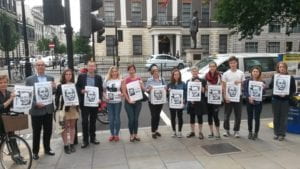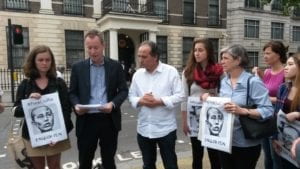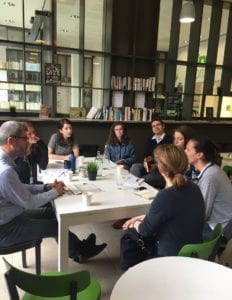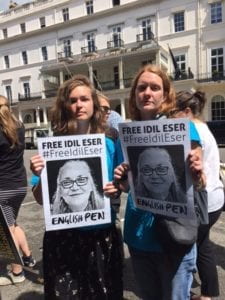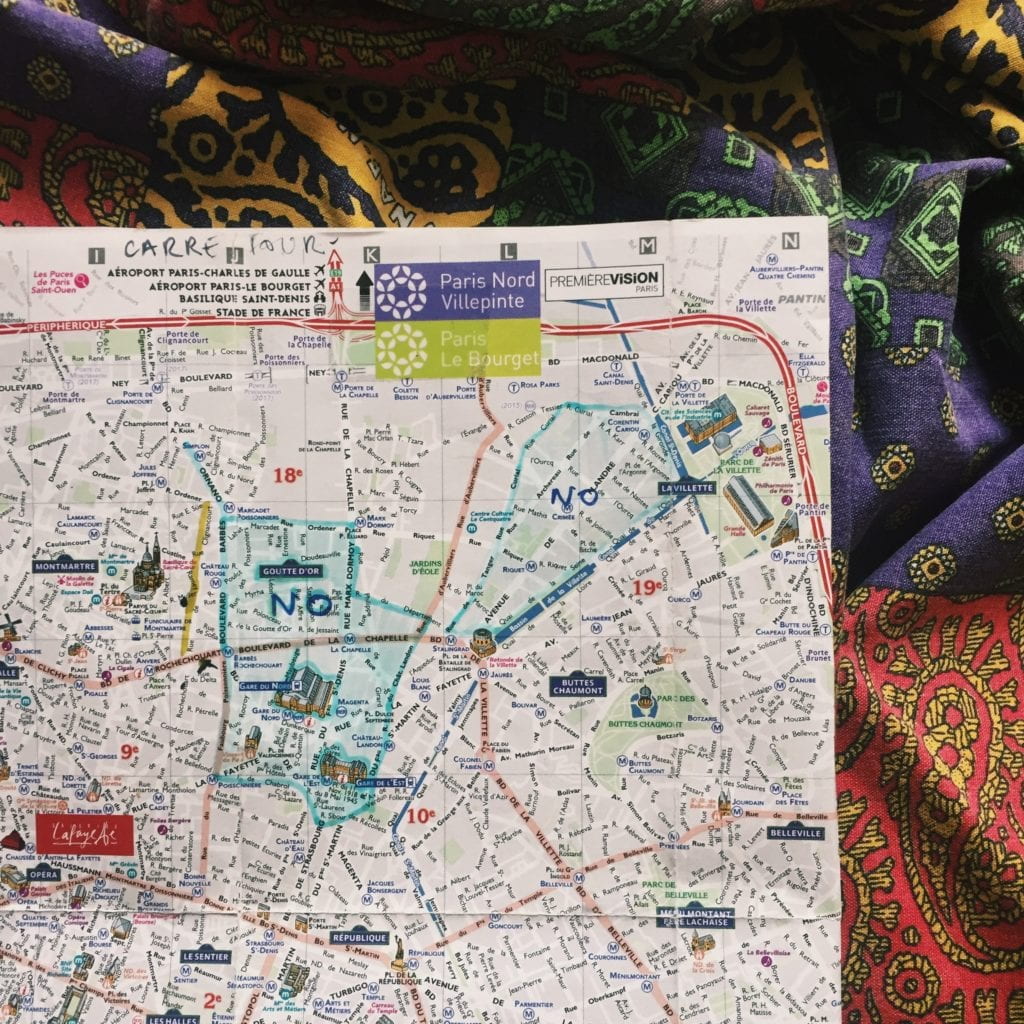Mehreen Arif
FSB Nepal and HealthRight International
Kathmandu, Nepal
A lot has happened since my last blog post. I started my research project and finally began interviewing Tibetan refugees! A Tibetan community healthcare worker, Ms. Recho Dolma brought in patients from the Tibetan settlement in Jorpati and FSB doctors and nurses also identified Tibetan patients during consultations.
Mr. Sanjaya Basnyat, the Executive director of FSB, kindly requested the director at the Tibetan settlement camp office, Mr. Kalsang Dhundup, to instruct Ms. Recho Dolma and some other Tibetan nurses to bring Tibetan patients to FSB clinic for interviewing. The patients who agreed to be interviewed and take part in the research were thus brought in.
I interviewed 5 patients on the first day! I was so excited. Although it was a very time consuming process because despite anticipating that translation would take time I did not anticipate that it would take almost 50 to 55 minutes per patient. My research protocol says that interviews would take less than an hour and I thought I would be able to conduct one interview in about 30 to 40 minutes. However, when I actually interviewed the patients I realized that most patients needed the answer choices repeated to them at least twice per question. In the beginning the patients who came in were in their 60s and 70s, and hence required extra attention to detail and repetition.
I still remember feeling quite nervous during my first interview because I knew that the term “mental health” in South Asia carries a lot of stigma and seemingly denotes that someone is mentally unfit or has psychiatric issues.
But I made it a point to educate each participant and inform them that mental health services like therapy, talking to a psychologist/psychiatrist or receiving one-on-one/group counseling is not just for patients with severe mental disorders. Every person goes through a stressful experience in life or possesses some feelings of sadness or depression at some point during their lifetime. Therefore, seeking mental health services or help should not be frowned upon because it is as crucial and important as seeking help during an accident or when someone has a fever or is in need of any other physical health relief.
And slowly but surely as the interviews progressed I realized that overall the participants were very honest and open about their feelings while being interviewed and by the end of the interview almost all of them stated that they would definitely want to receive mental health services in the future.
Interviewing Tibetans in Kathmandu has been a cathartic journey for myself personally as well. I have interacted with so many different and beautiful people – each with their own story to tell and their own struggles but one thing that always binds and defines all of the participants I have interviewed is their status as a Tibetan refugee in Nepal.
Two patients left a mark on me and reminded me of the value of this fellowship and project. My interaction with them heightened my faith in pursuing global public health at NYU and being a human rights advocate. They were both very warm and friendly and had suffered a lot in their lives. The lady was 76 years old and the gentleman was 75 years old.
Interviewing them was almost bittersweet because while they were remorseful of the conditions of Tibetans in Tibet and Nepal they both respectively acknowledged that they have lived their lives and now were not pessimistic but had some hope that the future generations of Tibetans will get educated and fight for the rights of Tibetan refugees.
I will refrain from using their names for privacy issues but I want to share some of their quotes. I will address the lady as Ms. P and the gentleman as Mr. R.
Ms. P was very proud of Rinchen for getting an education, becoming a nurse and being able to interpret for her. After the interview was over she turned to Rinchen and said, “I am very proud of you. You got a good education because of which you can communicate with others and speak whatever you want to say. Unlike me… because I have a lot to say but I cant communicate due to the language barrier. So you are lucky.”
She turned to me and said, “I thank you for your concern for Tibetans. Tibetans are suffering because we do not have our country, we are happy that other people are helping us. And you are helping document our struggles.” She further added, “Due to the greatness of the Dalai Lama, Tibetans are getting educated. I am hoping that future generations (of Tibetans) will improve because of His Holiness and His Blessings.”
Mr. R was a retired army veteran. On one instance he exclaimed, “My parents were captured by Chinese forces. I don’t know what happened to them and that disturbs me all the time, till this very day. I remember it like yesterday. When the war started we (my siblings and I) ran out of our house in Kham, Tibet but my parents stayed inside and were taken away by the Chinese.”
He further revealed, “After a lot of miserable times I eventually moved to Nepal. Here I served in the Tibetan army for 14 years, at the border of Nepal and Tibet. Although I was in Nepal I represented Tibet and lived in difficult circumstances in tents near mountains. I feel I have done so much but now what more can I do…
“I feel so dejected because conditions in Nepal are very complicated and expensive for Tibetans. It is difficult to generate money and jobs.”
Mr. R spoke quite passionately about Tibet and was hopeful like Ms. P that future generations of educated Tibetans in Nepal could be the harbinger of peace and justice that all Tibetans anxiously await.
Another elderly participant exclaimed, “Thank you for this interview… if this research helps the Tibetan community it would be great so sacrificing one day to come here is not a problem at all. What you are doing is very admirable.”
In my next blog post I will share my experience about interviewing young Tibetans and their thoughts on mental health and their status as Tibetan refugee in Nepal. Stay tuned!
